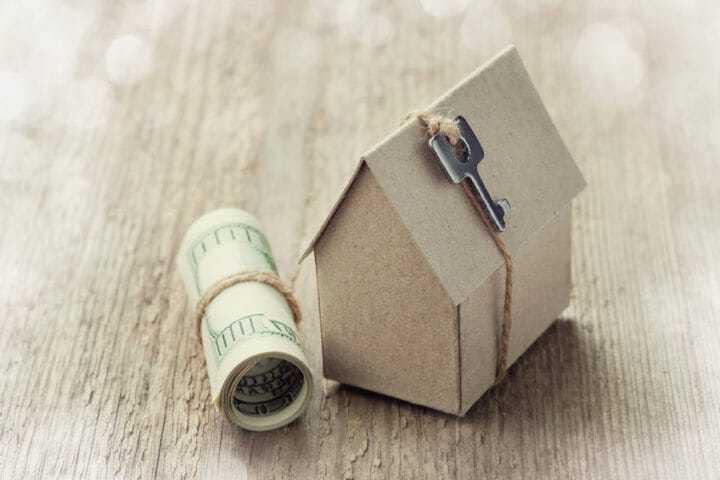
June 10, 2020
The restriction that the government has placed on rent increases and tenant evictions have given some certainty to tenants during the COVID-19 lockdown. The restrictions apply up to the 26th of September, unless that timeframe is extended. Blanket restrictions like this are dangerous, since they do not take into account any individual cases. For instance, was the rent too high before the restrictions, or was it disproportionately low for some reason. None of this is addressed by the blanket ban that may affect either party without avenues to remedy.
Tenant protection already exists
Protecting tenants from being exploited by landlords that may have been over-eager to supplement loss of income due to COVID-19 from other sources probably seemed like a good idea but, given the uncertainly of the times, it’s likely that very few landlords would have taken advantage. Besides, mechanisms to protect tenants already exist, and these mechanisms could have been extended and fast-tracked instead of placing a blanket restriction on landlords conducting legitimate business.
The fast action on implementing these restrictions indicates a lack of insight into the needs of both tenants and landlords.
The value of “good” tenants
Having good tenants presents considerable value to landlords. The risk of messing with a good tenancy, going through the effort of finding new tenants presents risk. In uncertain times landlords, like everyone else, want to avoid risk, and COVID-19 certainly created some uncertain times. In light of this, it is questionable whether the imposed restrictions were necessary.
Will there be a glut of rent increases after restrictions are lifted?
Possibly. Businesses don’t like artificial restrictions. Market forces dictate how business is conducted and this is true for the pricing of tenancies. If those market forces are artificially shaped one way then there may be a tendency to shape them the other way when circumstances allow. Just in case restrictions like this become more common, there may be a risk of over-preparing, and landlords can’t be blamed to wanting to be on the right side of the equation when the time comes.
What is a “good” tenant and what is a “good” landlord?
This may be a topic of a future article. In short, a good tenant is one who looks after the property and communicates well. The same is true for a good landlord.
Being open and communicative about issues, including those that affect rent, should be the first step in finding resolution between tenant and landlord. I’m certain that the vast majority of landlords would have been receptive to the needs of their tenants during the COVID-19 crisis without having artificial restrictions placed on conducting their business. A restriction on rent “increases” will have the counter; a restriction on rent “decreases”.
Conclusion
The view that landlords are hell-bent on maximizing rent, with little concern for the welfare of their tenants, cannot be further from the truth. Apart from the few bad apples amongst both landlords and tenants, landlords value their tenants, just like most business owners value their staff and landlords would happy forego a rent increase, but they would want to do it on their own terms. The imposed restriction has done a lot to damage good relations between tenant and landlord and has further damaged the reputation of landlords. A close working together between landlord and tenant is always encouraged, especially now and until COVID-19 uncertainties have cleared. That will take some time.




